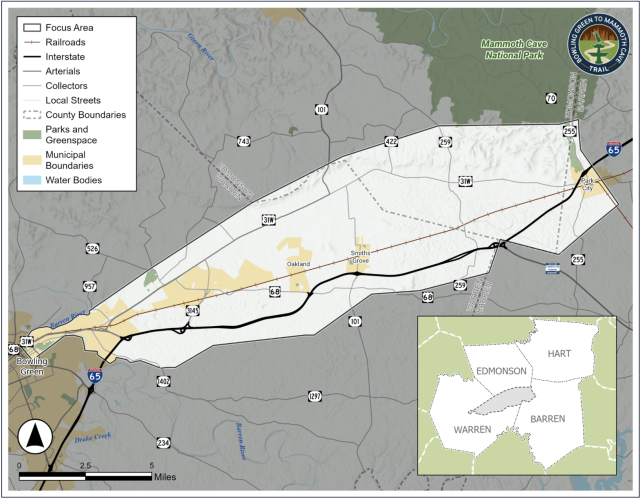Glasgow city council hears complaints of new electric board billing system
Published 8:19 am Tuesday, April 26, 2016
GLASGOW — The Glasgow City Council heard public comments Monday about the Glasgow Electric Plant Board’s new policy of charging more for electricity during a monthly “coincident peak.”
Several dozen Glasgow citizens, many of them seniors, attended the meeting. The discussion, which lasted nearly an hour, started with Ernest Simmons of Glasgow objecting to the EPB’s coincident rate policy, which since December has charged customers more during the one hour each month that demand is the highest.
Simmons said this was the biggest issue in Glasgow he’d ever experienced.
“It has affected more people who are underprivileged, handicapped and otherwise on fixed incomes, without any increases by the way,” he said.
The coincident rate system has resulted in substantial increases to some residents’ electric bills, Simmons said. He told the crowd that a friend who has a farm in Glasgow with an electric fence paid about $18 a month for power last year but now pays around $50.
The EPB does not know when this hour-long increase will occur each month because it is determined by the Tennessee Valley Authority, from which EPB orders its power, according to EPB Superintendent Billy Ray, who spoke after Simmons.
The EPB, based on when the previous month’s coincident peak occurred, issues notices warning customers about when the current month’s increase might happen so they can adjust electricity usage accordingly, Ray said.
Simmons said he’s received three such notices this month.
“It borders kind of like on harassment,” he said, adding that it’s an annoyance to go through his house turning off his electric devices when EPB predicts the coincident rate is coming.
“These folks that you look at out here,” he said, motioning toward the crowd, “we don’t the wherewithal to do all the things that is suggested by by the Electric Plant Board to save on energy.”
Occasionally, utterances of “amen” rose from the crowd when Simmons or other people with complaints made their cases.
Ray explained why he thinks the program is justified. His comments were often met with grumbles from the crowd.
Based on the rates EPB has used for decades, Ray said, the board determined that under the old payment system – which was based solely on kilowatt hours and which Ray described as “socialized” – not everyone paid their fair share.
After discovering the disparity in fees, Ray said, the board had two choices.
“Because we’d been doing it the wrong way, should we keep doing it?” he asked. “Or should we try to fix that injustice and see that everybody pays the precise cost associated with their own individual usage patterns?”
People with high bills incurred from the new policy are a vocal group, but no attention has yet been drawn to people whose bills have decreased, Ray said.
“They’re not down here beating the doors down,” he said.
EPB used to charge about 10 cents per kilowatt hour but now charges about 6 cents per kilowatt hour, plus a demand charge, Ray said.
“No one seems to be coupling the increase in the customer charge with the 45 percent decrease in the energy charge, which are both fair, and one cannot be considered without the other,” he said.
The new system gives everyone a chance to save money by reducing their demand, Ray said.
Glasgow Mayor Dick Doty suggested that EPB hold public training sessions “so that we can try and address their individual situations and walk them through how we think they can best handle the changes.” Ray said EPB would like to try that approach.
In another matter, the city council approved a measure to apply for a U.S. Department of Justice grant to replace 10 expired bulletproof vests. This is a $6,750 grant that the city must match, according to city attorney Rich Alexander.
The council also approved a measure to apply for a Department of Local Government grant to resurface a basketball court at Gorin Park and replace the goals and install a wheelchair swing that children with disabilities could use. The grant will pay for no more than 50 percent of any project. The measure included a provision for the council to hold half of the project’s anticipated $17,000 cost in reserve.
— Follow Daily News reporter Jackson French on Twitter @Jackson_French or visit bgdailynews.com.






